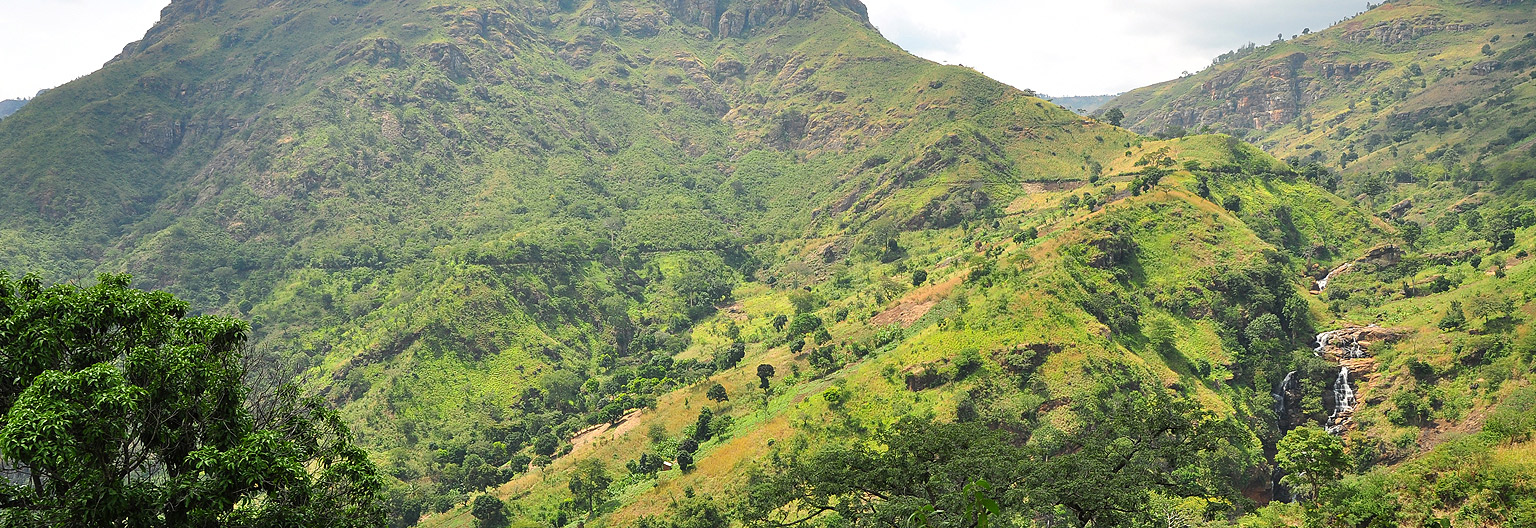
This leafy highland town is nestled in a fertile valley at about 1200m, surrounded by pines and eucalyptus mixed with banana plants and other tropical foliage. It’s the centre of the western Usambaras and makes an ideal base for hikes into the surrounding hills.
Lushoto is also the heartland of the Wasambaa people (the name ‘Usambara’ is a corruption of Wasambaa or Washambala, meaning ‘scattered’). Local culture is strong. In Muheza and parts of the Tanga region closer to the coast, Swahili is used almost exclusively. Here however, Sambaa is the language of choice for most residents.
Lushoto and its people; it would be hard to know where to start. It is a town that exists in a nebulous state of optimistic beauty after being hardened by stunning scenery and a breath of fresh air. Like all places where winter likes to settle in for a good, long stay, the people of Lushoto nearly always embrace every moment of cool weather. When you live, visit or grow up in Switzerland, Lushoto sounds about as close and familiar as Switzerland.
It has sweeping landscapes with their towering peaks with farms, the breathtaking view and endless vistas (green and lush scenery) that interest many visitors. Lushoto boasts of a rich hinterland ideal for farming, which includes bananas, pears, pumpkins, tomatoes, potatoes, yams, maize, cabbage, carrots, capsicum, plumps or apples and more that find their market within the Tanga region and beyond.
Its rainforest is one of the most popular bio diversity places in Africa. Now, it is a centre of one of the best cultural tourism programmes in Tanzania – The Friends of Usambara (www.usambaratravels.com.). The cultural tourism enterprise provides various activities for visitors, such as guided hikes and cultural visits to the Irente view point, Irente farm, Usambara farms, Magamba rainforests and more. Most of the incomes go to fund development projects such as drilling well in remote areas, building primary school and funding reforestation efforts.
In Lushoto, people live a more traditional lifestyle, and the locals are genuinely happy to see visitors walk by, greeting everyone with big smiles.

